Staying connected to the world around you
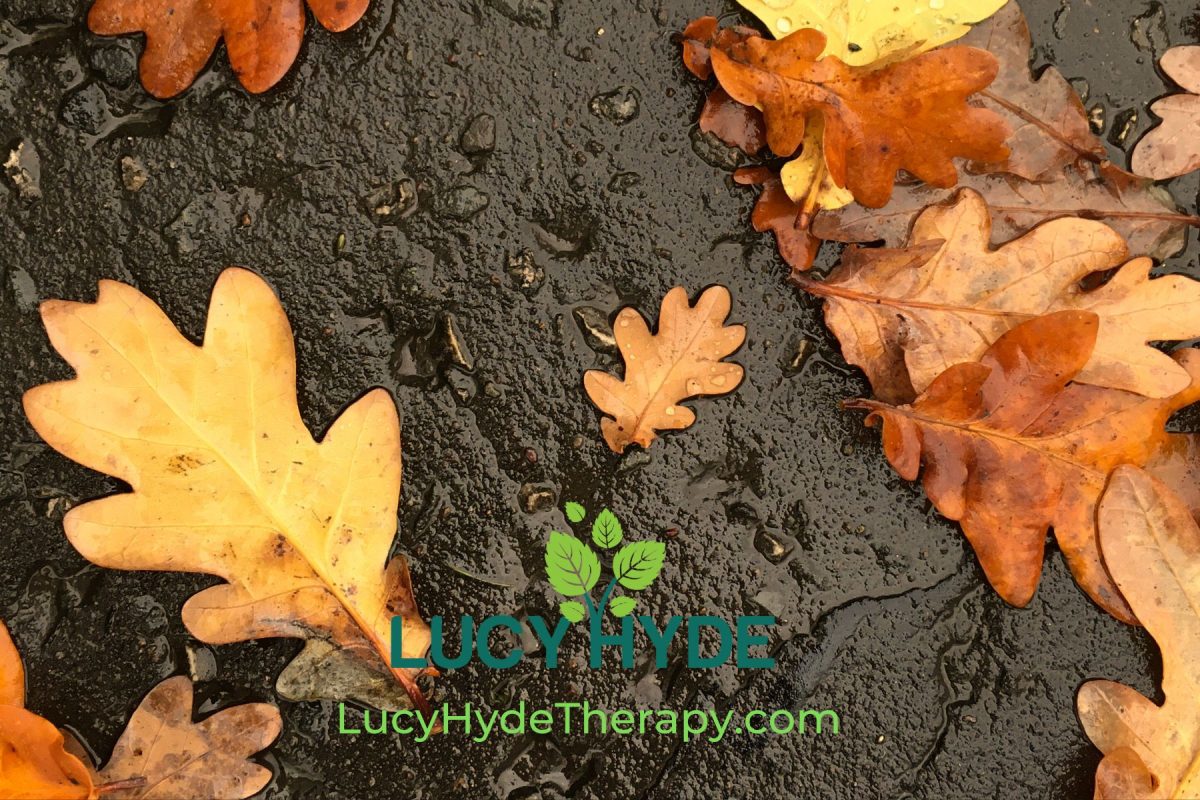
How do we remind ourselves that we’re part of the interconnectedness of everything?
I’ve been ‘inviting people into my garden’ through Facebook for nearly four years, since the beginning of the Covid pandemic, when travel and activity was restricted. I was acutely aware that some people didn’t have their own gardens or even balconies, and I shared my green space to give people ‘virtual access’ to nature.

It’s been valuable for me to connect to others by connecting to the natural world. At times, when life is busy, the gentle pressure to check what’s happening in the garden has reminded me to spend even a few moments noticing the changes and new arrivals. It’s encouraged me to bring my attention to the tiniest flowers, the weeds, the creatures that make their life in my garden.
Humans are part of the ecosystem
Something in me has evolved over the last few years, and I realise that I’ve changed the way I think of humans interacting with nature. The separation I used to see between ‘the human world’ and ‘the natural world’ feels more and more artificial, a symptom of the development of modern (industrial/post-industrial) society.
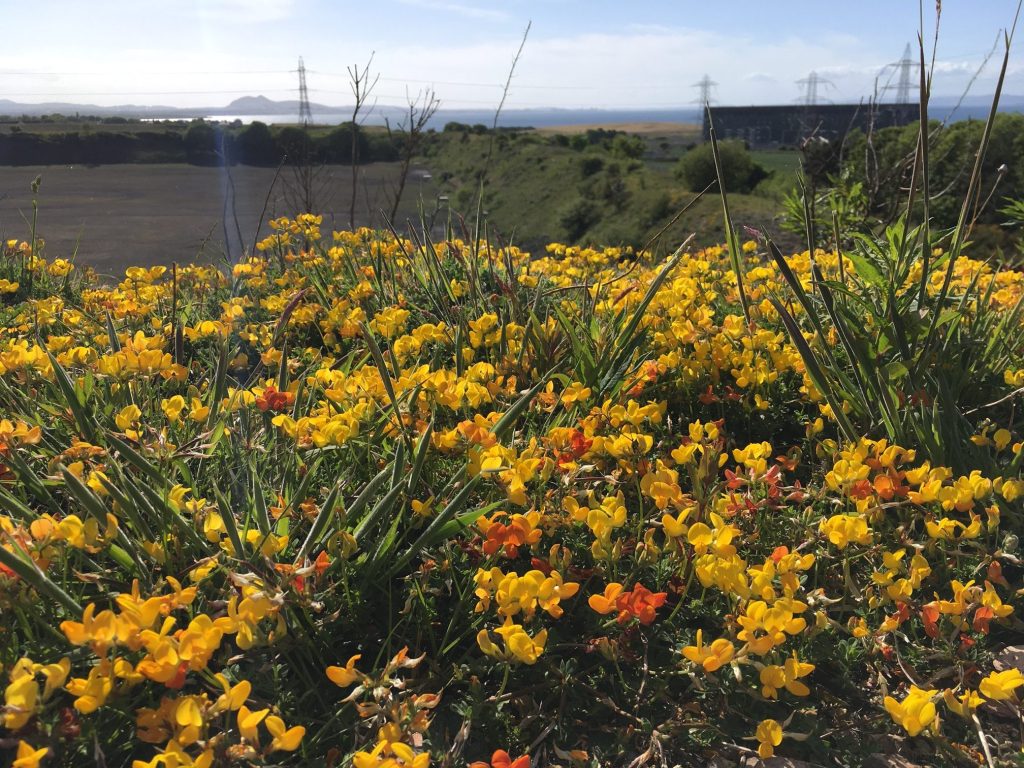
This synthetic distinction between humans and nature has encouraged humans to prioritise their own wants and needs without consideration for the impact on the world as a whole, and is a significant contributor towards the current climate and environmental tragedy.
Humans are part of the global ecosystem too. Looked at on a geological scale, humans were an extremely successful species for a long time at surviving and thriving. However, if we continue as we do we will suffer a huge population crash – possibly functional extinction. Nonetheless in a few millennia the planet will adjust and adapt to a new climatic system, and life (with or without humans) will continue. Taking this wide-angle view sometimes helps me accept that humans are just part of the natural cycle of life on the planet.
A one-world view
I joined a choir a few months ago, and one of the songs that I’ve learned is ‘Mni Wičoni (Water is Life), which was written by Sara Thomsen, inspired by the Standing Rock Sioux Tribe and all the tribes, nations, native and non-native people who came together to protect the land and water threatened by the construction of the Dakota Access Pipeline (you can hear the song here ).
One of the Lakota phrases in the song is ‘Mitákuye Oyás’iŋ’. The closest translation, in English, is ‘all my relations’ – but ‘relations’ in the sense of other people, animals, insects, plants, rocks, mountains, rivers……..this one-world-view of ‘all my relations’ really resonated for me, and continues to touch me every time I sing the song.
Disconnection as a defence
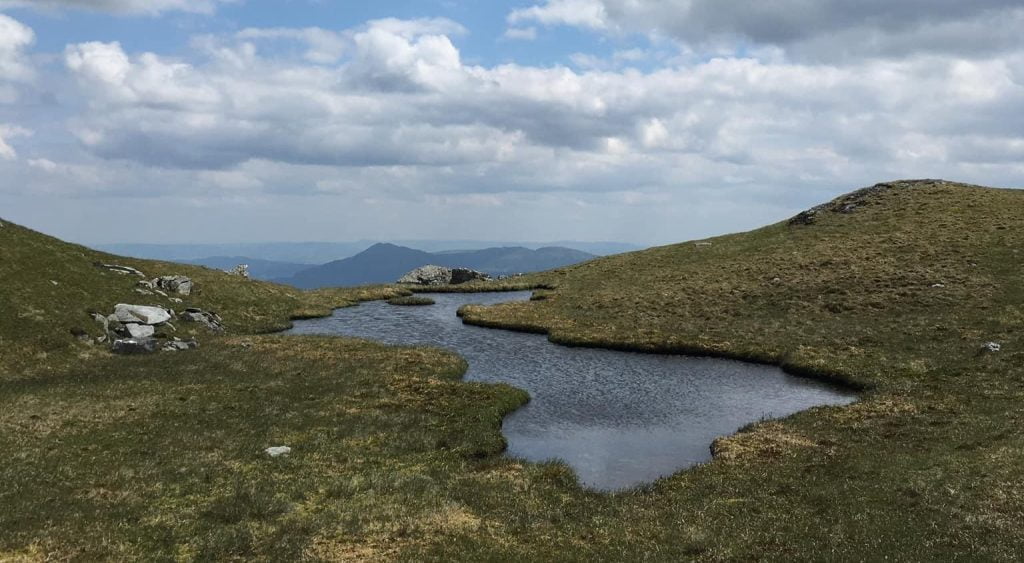
The disconnection that many of us maintain from the rest of the world encourages us to see bugs and beasties as ‘pests’, to vacuum up spiders (that would thrive, if we allowed them to, by eating the flies that annoy us). It prompts us to see nature as ‘inconvenient’ when moss grows on our plastic grass and concrete driveways. But it also enables us to ignore the pain and sorrow we experience if we really allow ourselves to notice how the numbers of swifts arriving each summer has plunged, how there aren’t as many ladybirds around from year to year, how seeing a hedgehog in our garden is a vanishing rarity.
Small reminders of the world around us can help us stay connected – connected to other people, connected to ‘all our relations’, connected to our own experience. Staying connected is essential if we want to make changes in ourselves and in our societies – together we are stronger and more resilient, and have a better chance of making life possible and tolerable for everyone, not just a privileged minority of humans. Finding ways to connect reduces the fear-based ‘us and them’ which prompts us to blame others for the wrongs in the world and stops us hearing that those people are afraid too.
Connecting in grief
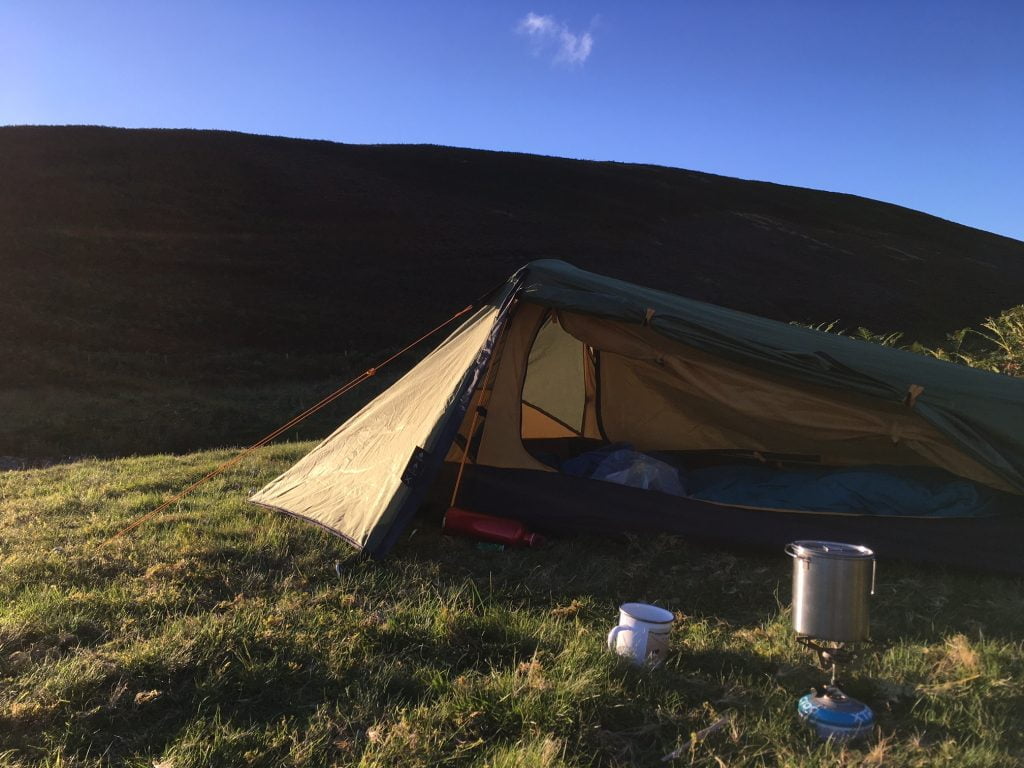
Staying connected to the world we inhabit inevitably involves grieving (e.g. in my case, when hundreds of thousands of scallops were washed up onto the shores near me by Storm Babet, to perish above the waterline). Grief, anger and sadness are appropriate, natural responses to tragedy, and by allowing ourselves to feel them we learn that we can tolerate them and carry on. Grief can bring people together.
Yet there can be a temptation to avoid strong or difficult feelings by numbing or distracting ourselves through forms that are harmful to us and the world (escaping on a flight, buying things without considering whether, honestly, we need them, over-eating or drinking). Most of us do this in some way, at some point – because staying with the discomfort can be really hard.
Many of us are expert at compartmentalising, which causes us to miss the relationships between things, for example, the influence of mind on body and vice versa. Just as we are healthier creatures if we allow our bodies and minds to be part of the same organism – enabling us to be more in tune with our needs – so we might be healthier creatures if we allow ourselves to be part of a community of humankind and of the world as a whole, bringing us in tune with the holistic, planetary need for health.
Noticing what’s around you
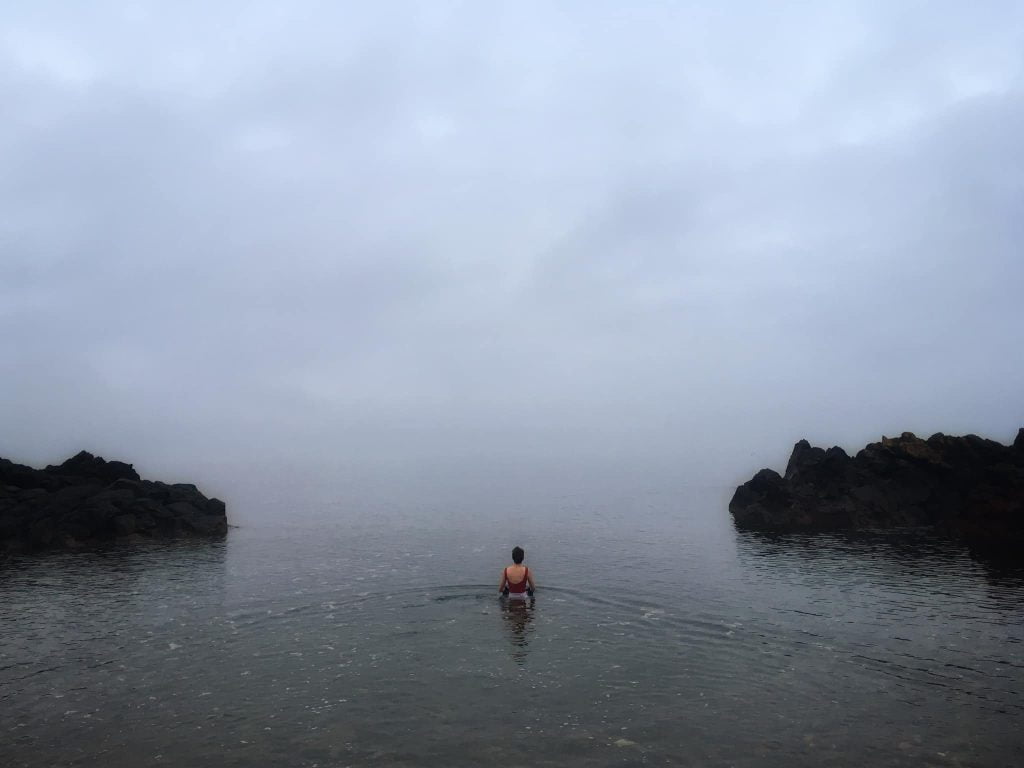
Paying attention to the seasonal changes and to older traditions of marking shifts through the year is a way I’ve found to be more in touch with what’s going on around me, and also to the impact of such changes on me – which includes allowing myself to feel affected by gloomy days, for example.
So, while I’ll be continuing to invite people into my garden, I’ll be thinking of this less as a retreat or withdrawal to nature, and more as an invitation to be present with what’s around you, wherever you are. I’m not offering hope that ‘everything will be OK’, so much as an opportunity to be real and present, acknowledging what IS. Staying connected is a way of supporting each other in our collective grief.
Nature isn’t just ‘out there in the wilderness’. It’s in the daisy growing between the paving slabs. It’s in the spider in the corner of your ceiling. It’s in you.

If you’re experiencing anxiety, grief and distress in reaction to the impact of capitalism, greed and fear on the planet – no wonder; your response is normal and healthy. But if your feelings are overwhelming and seem unbearable, please get in touch – I can help.
Further reading:
Wild Therapy: Rewilding our inner and outer worlds by Nick Totton
